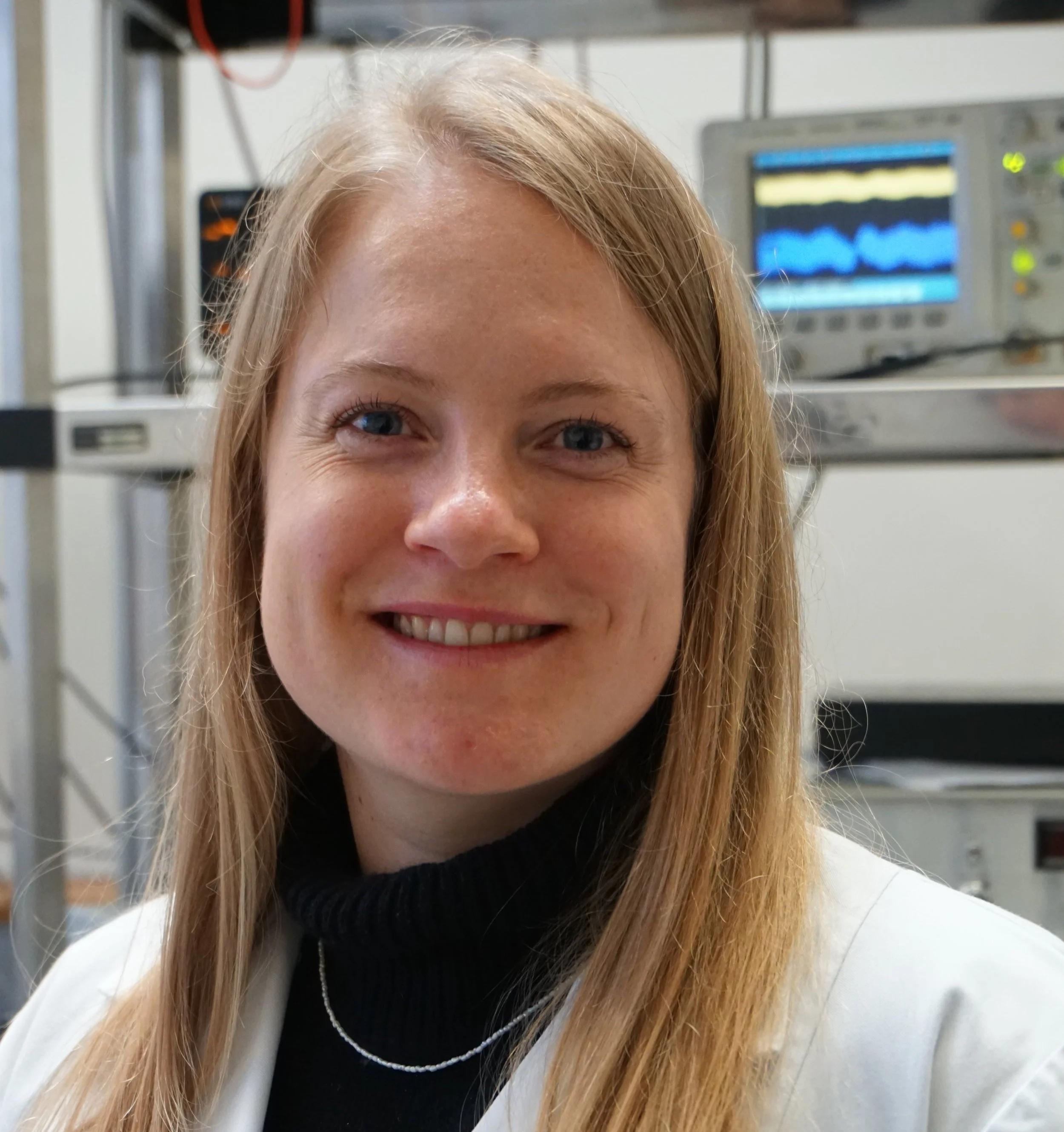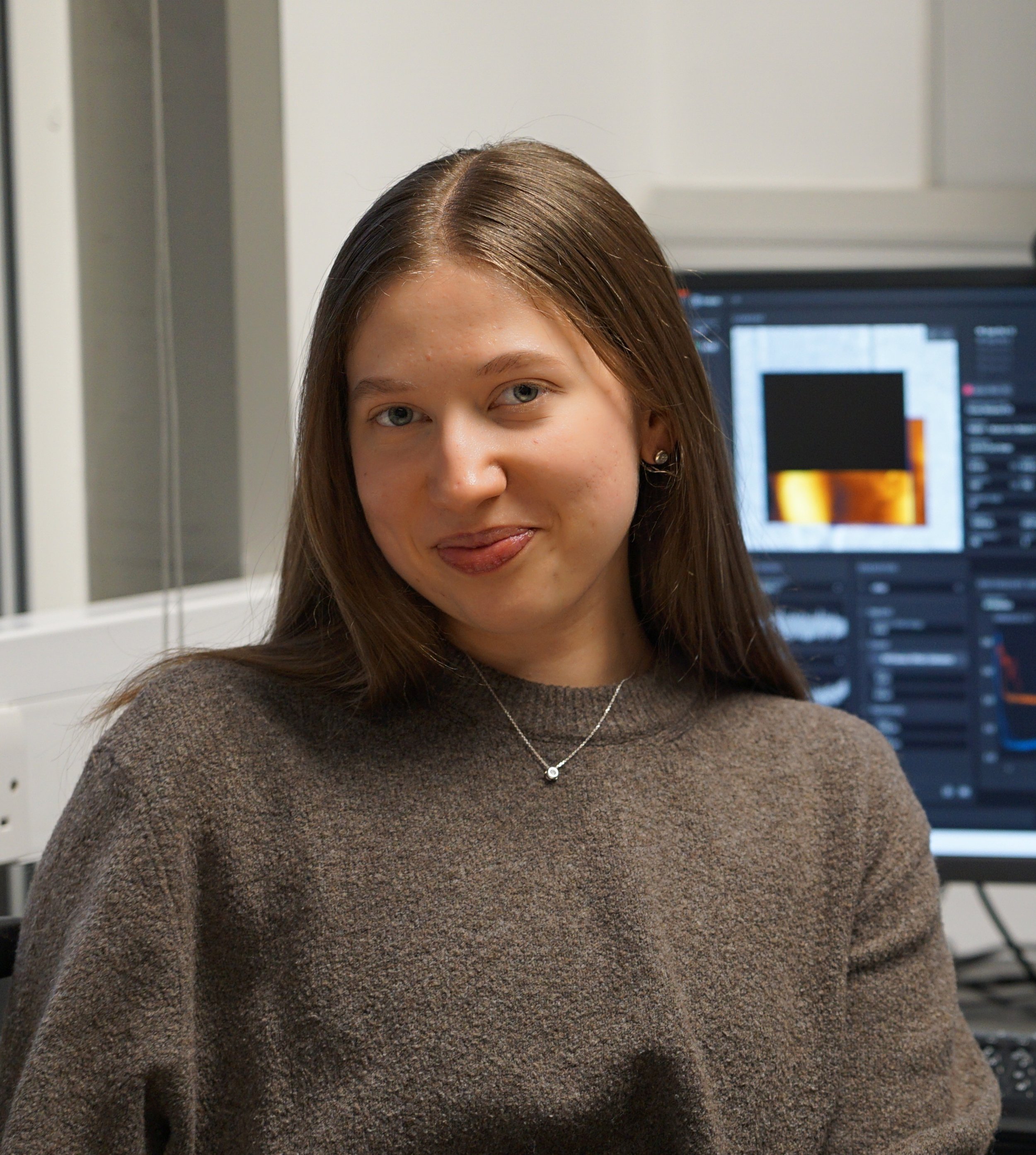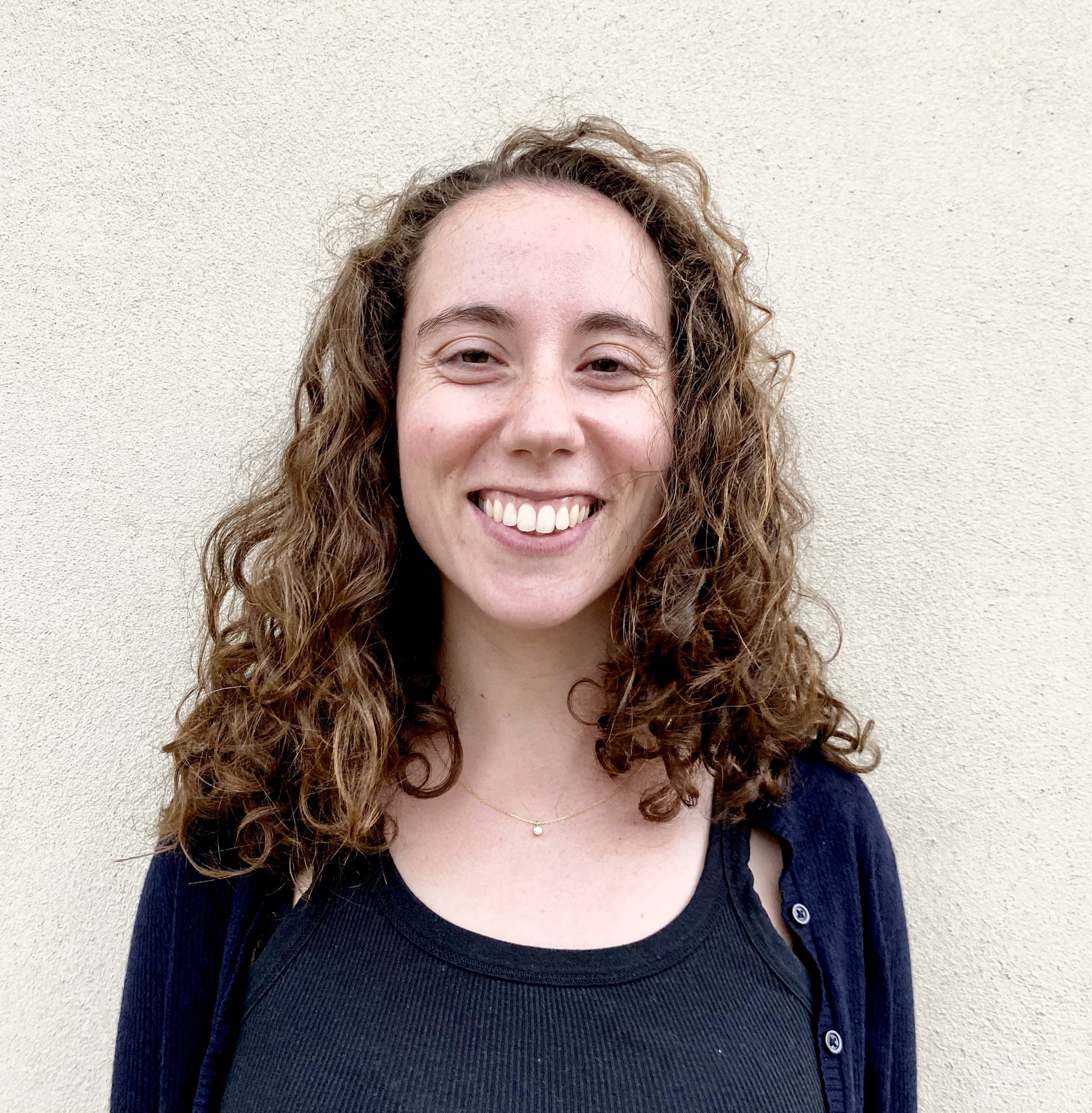Mikhail Trought is a research scientist at Ford Advanced Engineering and Research Organization at Ford Motor Company in Michigan, USA. Her research focuses on unraveling battery-related mechanisms, improving the robustness of automotive interfacial systems through surface activation, and automotive surface characterization method development using X-ray photoelectron spectroscopy (XPS), Time of Flight Secondary Ion Mass Spectrometry (TOF-SIMS), and atomic force microscopy (AFM). Mikhail identifies AFM as one of the most versatile tools she currently has in her toolbox. AFM can measure a variety of mechanical, physical and chemical properties of a wide variety of samples in atmosphere or in a liquid environment. As a scientist in the automotive industry, where Mikhail’s research encompasses a wide range of samples, she has found AFM invaluable in bridging the gap between the physical and chemical properties of automotive systems.
Mikhail Trought
Recent AFM-related papers:
Biography: Mikhail was born and raised in Manchester, Jamaica W.I. She received her B.A. (Bachelor of Arts) at Lawrence University in Wisconsin, USA (2016) with a Chemistry major and a Chinese minor. Subsequently, she completed her Ph.D. in Chemistry at the Michigan Technological University in Michigan, USA (2021). In her doctoral work, she studied surface engineering of 2D materials using atomic layer deposition (ALD) and investigated iron oxidation at the gas/solid and liquid/solid interfaces at the microscale, under low pressures (ultra-high vacuum) and ambient pressures (atmospheric) conditions.
Are you a woman conducting AFM research or know of someone you would like to nominate to be featured in our next #WomenInAFM campaign? Contact us at community@nunano.com!










